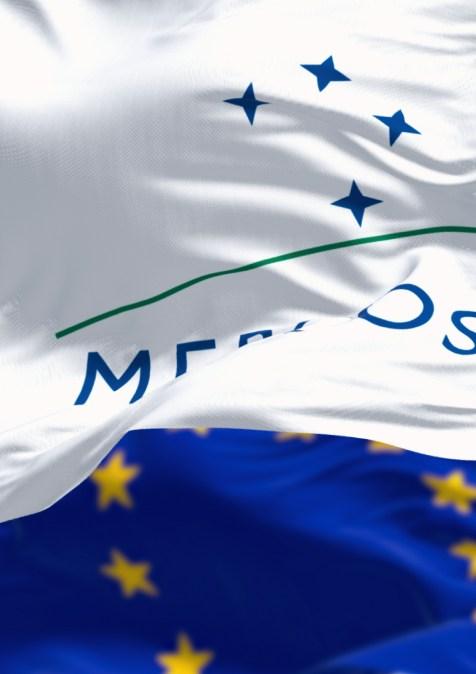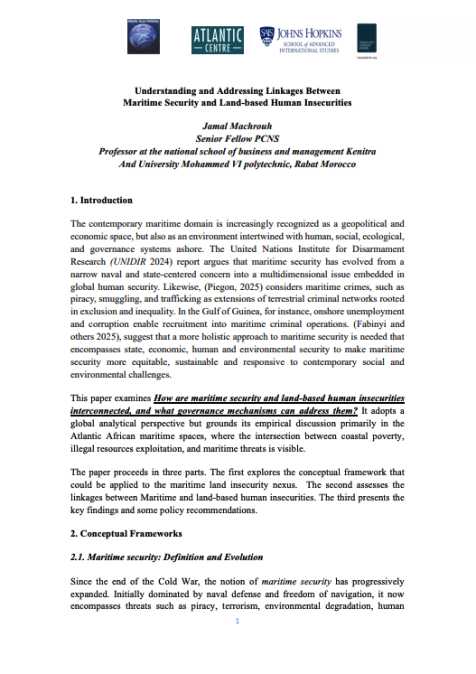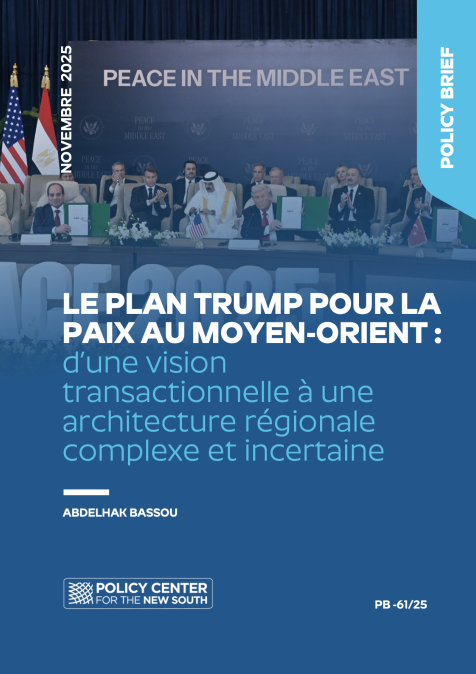Podcasts
New administration in Washington: it is not impossible for Trump to leave NATO
Related topics:
NATO faces uncertainty under a second Trump administration, with increased pressure on European allies to boost defense spending. Trump questions NATO’s relevance without a stronger focus on China, raising the possibility of reduced U.S. contributions or withdrawal. European nations must take on greater security responsibilities while addressing concerns over U.S. troop presence and nuclear weapons. The war in Ukraine remains pivotal, as its outcome could shape China’s stance on Taiwan. A Russian victory may embolden further aggression against NATO-aligned states, testing U.S. commitments. Meanwhile, Washington shifts focus to Latin America, particularly Cuba and Venezuela, while Africa gains strategic importance due to critical materials. Despite this, U.S. military presence in Africa remains limited, with AFRICOM still based in Germany. Some propose relocating it to Morocco, but regional complexities hinder the move. The future of U.S. engagement in NATO and global security hinges on shifting priorities and burden-sharing agreements.











